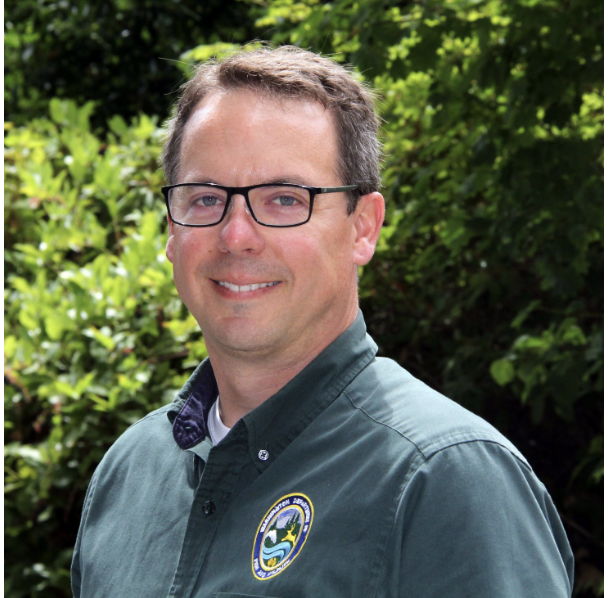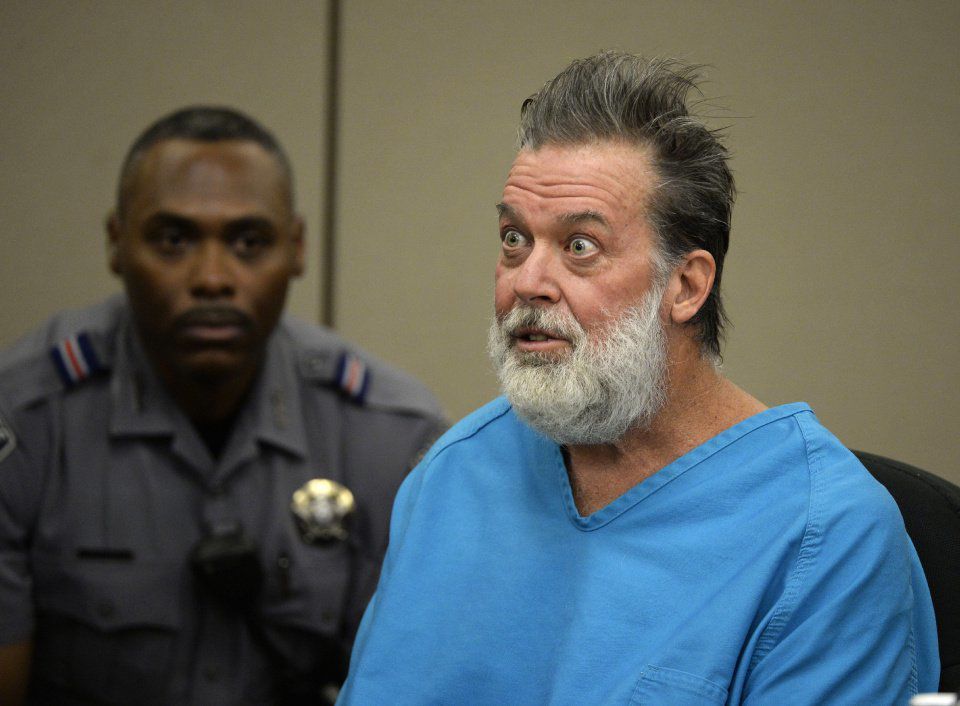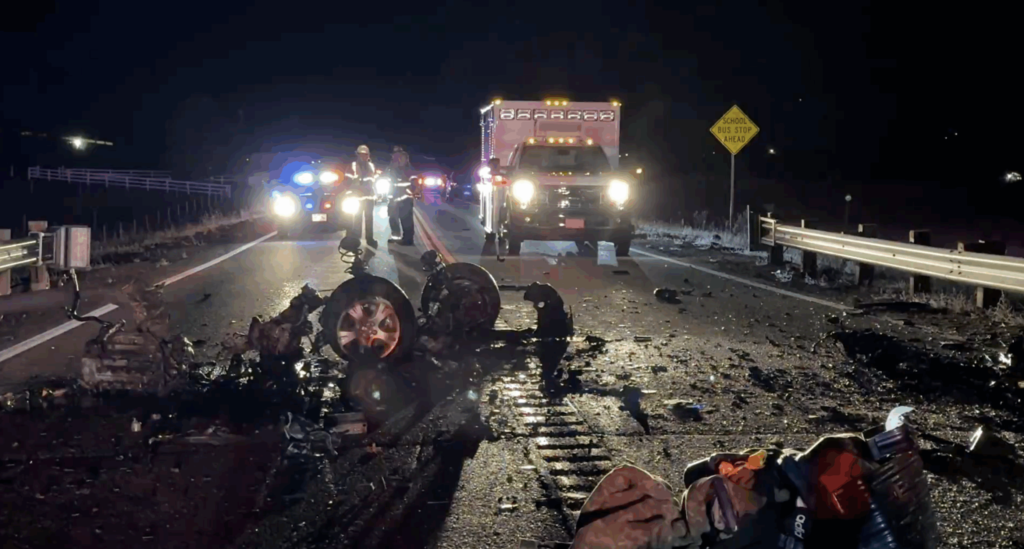Jeff Davis out as head of Colorado Parks and Wildlife

Mere days after being turned down by Washington’s Department of Fish and Wildlife for wolves, Jeff Davis, who has led Colorado Parks and Wildlife since May 2023, is out.
An announcement from the Colorado Department of Natural Resources said Davis has stepped down and is moving to a new role in the executive director’s office as senior policy advisor for strategic priorities.
That’s not a position currently listed within the executive director’s office.
DNR Executive Director Dan Gibbs said in the announcement that Major General Laura Clellan, a retired adjutant general and executive director of the Colorado Department of Military and Veterans Affairs, will step into the CPW leadership role on Dec. 1. A formal search is also being conducted for Davis’ replacement.
Former CPW Commissioner Gaspar Perricone said he hopes and expects the administration to follow suit with previous director selection processes by engaging in a robust stakeholder outreach effort.
On Nov. 9, Davis spoke to the board of the Washington Department of Fish and Wildlife, pleading for 15 wolves from Washington. The latter’s board voted, 8-1, to reject that request, based on near-unanimous requests from Washington state residents not to send wolves to Colorado.
Colorado turned to Washington state after an Oct. 10 cease-and-desist letter from the head of the U.S. Fish & Wildlife Service, which said Colorado could only source wolves from Idaho, Montana, Wyoming, and eastern parts of Washington, Utah and Oregon.
Colorado had obtained 15 wolves from British Columbia in January; six have since died.
In a statement, Gov. Jared Polis thanked Davis for his leadership and said he is “excited for this next chapter at CPW.”
Gibbs said Davis came to CPW “during a period of uncertainty and change with a number of significant wildlife and recreation issues landing at his feet almost immediately.”
Gibbs said Davis is leaving the division in a much better place internally, “as well as a notable record of achievement and progress in areas of building a stronger culture, wildlife management, and stakeholder involvement and engagement.”
Davis, in that same statement, said he is looking forward to focusing on “DNR strategic priorities, including strategies to increase biodiversity and continuing my service to the people, wildlife and environment of Colorado.”
Davis spent almost 23 years with Washington’s Department of Fish and Wildlife, including as its deputy assistant director and as the assistant director of the agency’s habitat program.
While wolves aren’t the only thing that Colorado Parks and Wildlife manages – the state has 43 parks, manages 960 species and 350 wildlife areas – the wolf reintroduction program, narrowly approved by primarily Front Range voters in 2020, has dominated CPW’s board meetings and visits by Davis to the state legislature.
Davis has been heavily criticized by lawmakers for the program’s problems, which included a dozen dead wolves in the past 18 months and a cost to taxpayers that is so far five times the estimate provided to voters in 2020.
Dozens of livestock have also been killed in seven counties, costing the state more than $600,000 in compensation for ranchers, far exceeding the amount of money set aside for those expenses. Ranchers have also complained that CPW failed to provide deterrents for wolves until after the slaughters began, both in 2024 and 2025.
Davis made the decision in January to relocate the Copper Creek pack, which had killed livestock in Grand County, to Pitkin County. Within two months, the wolves, including yearlings, were killing livestock there, and two of the yearlings were later shot and killed by CPW staff. Davis told the Vail Daily in June it was a decision he questioned every day.
During the August special session, lawmakers attempted to put a pause on the reintroduction program, but under the threat of a veto from the governor, instead said Colorado Parks and Wildlife could not spend state dollars for the next batch.
CPW had signed a contract with British Columbia for $400,000 for more wolves.
Where Colorado will get its next batch of wolves – the state plan calls for up to 50 – is up in the air with Washington’s rejection and the US Fish & Wildlife Service’s letter.

















